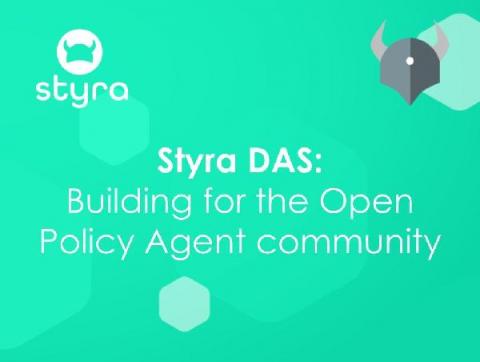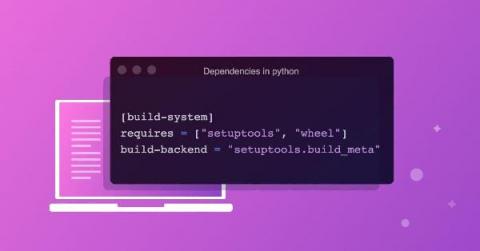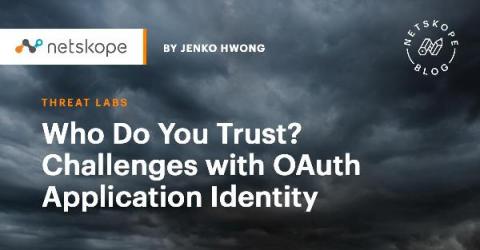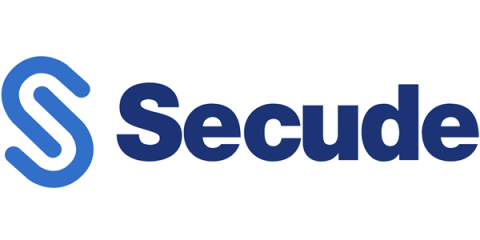A guide to OWASP's secure coding
Modern organizations rely heavily on software and systems. Secure coding standards are significant, as they give some assurance that software installed on the organization’s system is protected from security flaws. These security standards, when used correctly, can avoid, identify, and remove loopholes that might jeopardize software integrity. Furthermore, whether developing software for portable gadgets, desktop systems, or servers, secure coding is critical for modern software development.











